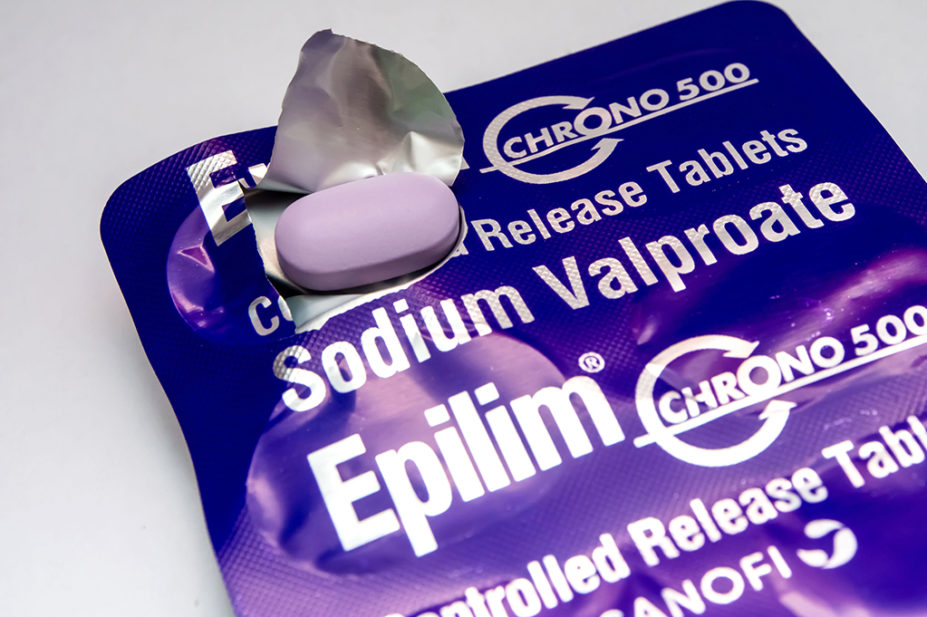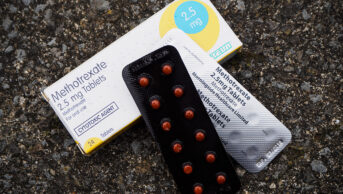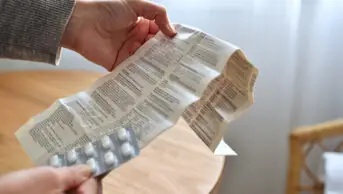
Simon Evans / Alamy Stock Photo
The Scottish government’s Scottish epilepsy register (SER), which was set up in 2020/2021 to help identify patients taking epilepsy medicines, including sodium valproate, is due to publish data later in 2022, the government has said.
The Scottish government currently funds the register for use in three health boards: NHS Greater Glasgow and Clyde; NHS Tayside; and NHS Lanarkshire.
In an update published on 31 October 2022, the government said there is “a view to roll out [the registry] to all health boards in Scotland”.
The Scottish government also said it had been in talks with the Medicines and Healthcare products Regulatory Agency (MHRA) about sharing data from the Scottish registry with the MHRA’s own antiepileptic registry, which currently only covers England.
The Scottish government also said in its update that Public Health Scotland (PHS) has been asked to prepare a business case on a national medicines in pregnancy surveillance tool, which would monitor the impact of pregnancy prevention policies and support “further research into other medications which may have teratogenic properties”.
The exact timeframe yet to be decided, but the update said this was a “medium to long-term” plan.
The plans are part of a wider workplan by the Scottish Teratogenic Medicines Advisory Group and are aimed to help meet the government’s obligations under Baroness Cumberlege’s review, ‘First do no harm‘, which said: “We want to see a registry for all women on anti-epileptic drugs who become pregnant, to include mandatory reporting and data relating to them and their child(ren) collated over lifetimes.”
‘First do no harm’ also recommended that such registers not be limited to valproate, but include other anti-epileptic medicines.
Sodium valproate is licensed in the UK to treat epilepsy, but there is evidence that it can cause physical and neurodevelopmental effects in the foetus if taken by mothers during pregnancy.
NHS Digital data published in March 2022 showed that around 50 pregnant women were prescribed sodium valproate between October 2020 and September 2021, although there had been a large reduction in the number of women prescribed the drug in that same time period.
You may also be interested in

Patient safety commissioner to approach PM over ‘disappointing’ delay to valproate compensation

GPhC writes to pharmacy teams after methotrexate dispensed with instruction to take once daily
